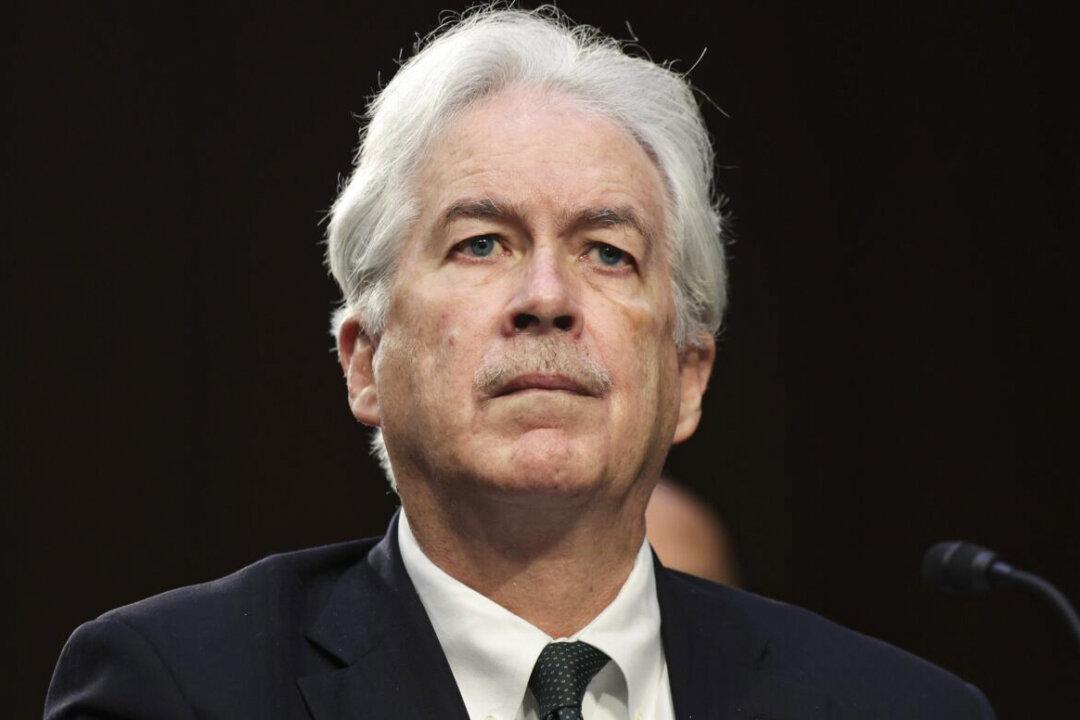The United States is aware “as a matter of intelligence” that Chinese leader Xi Jinping has ordered his military to be prepared to invade Taiwan by 2027, CIA Director William Burns said on Thursday.
Burns said that Xi’s order to the Chinese Communist Party (CCP) military may not represent his timeline for the CCP’s invasion of Taiwan, but it demonstrates his “seriousness” in pursuing this goal.





